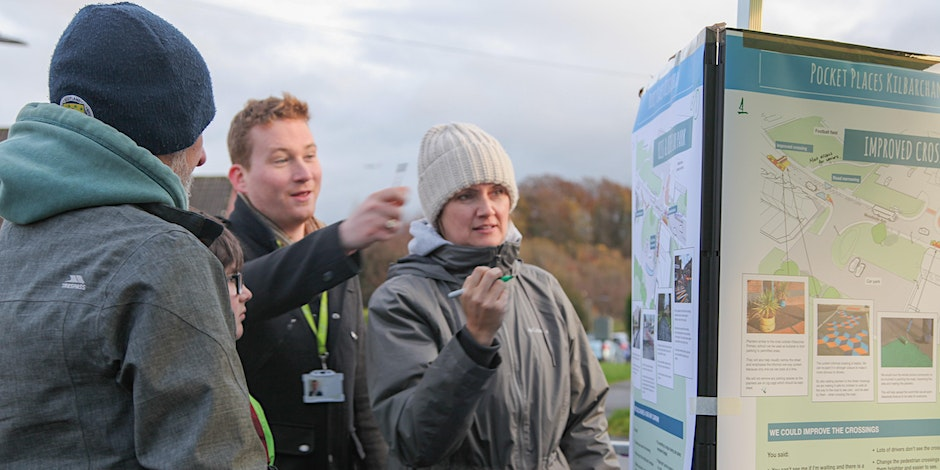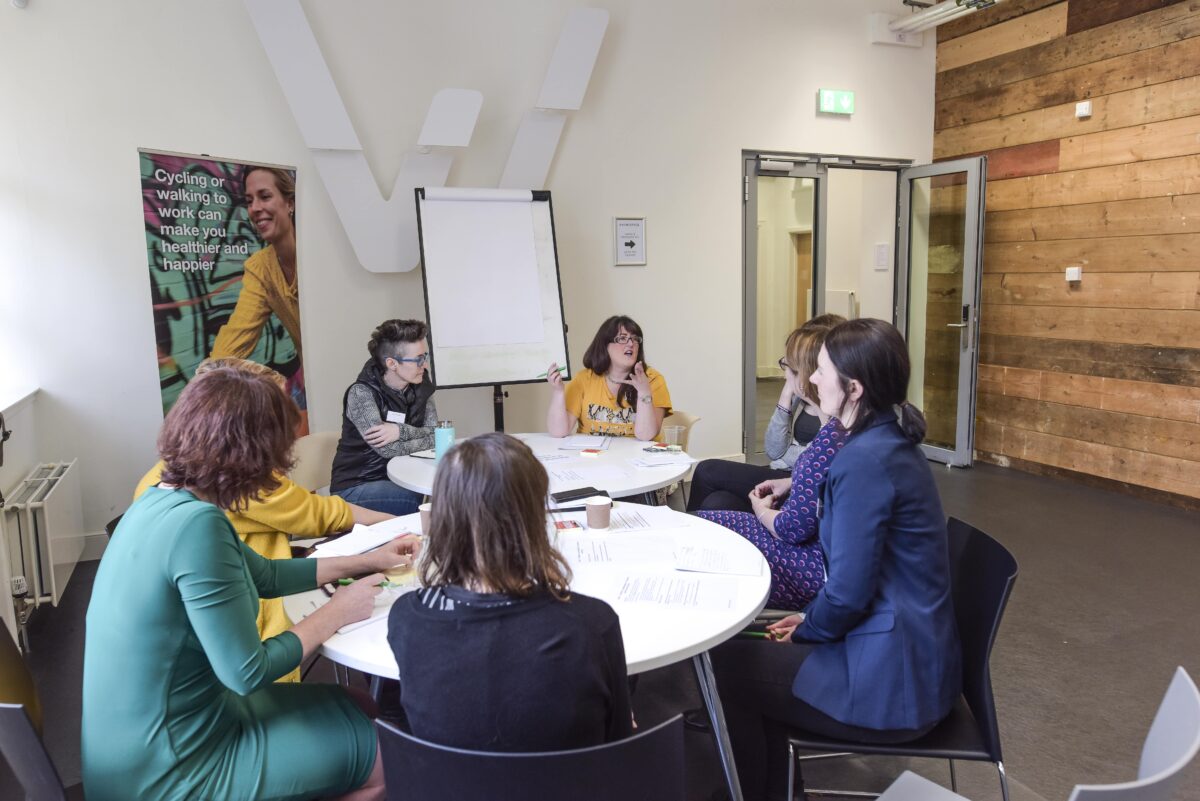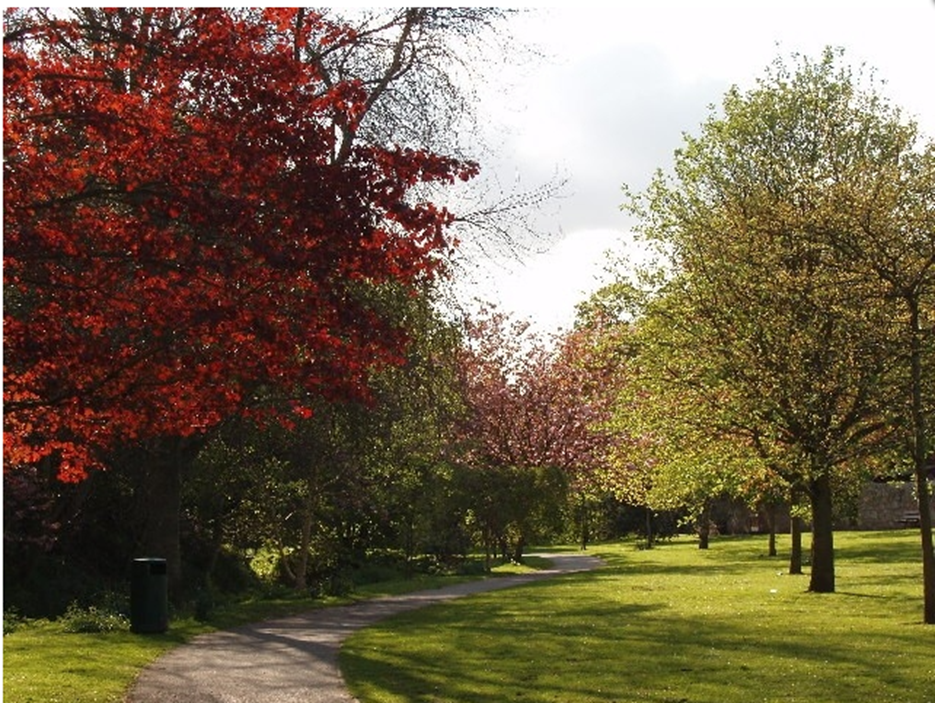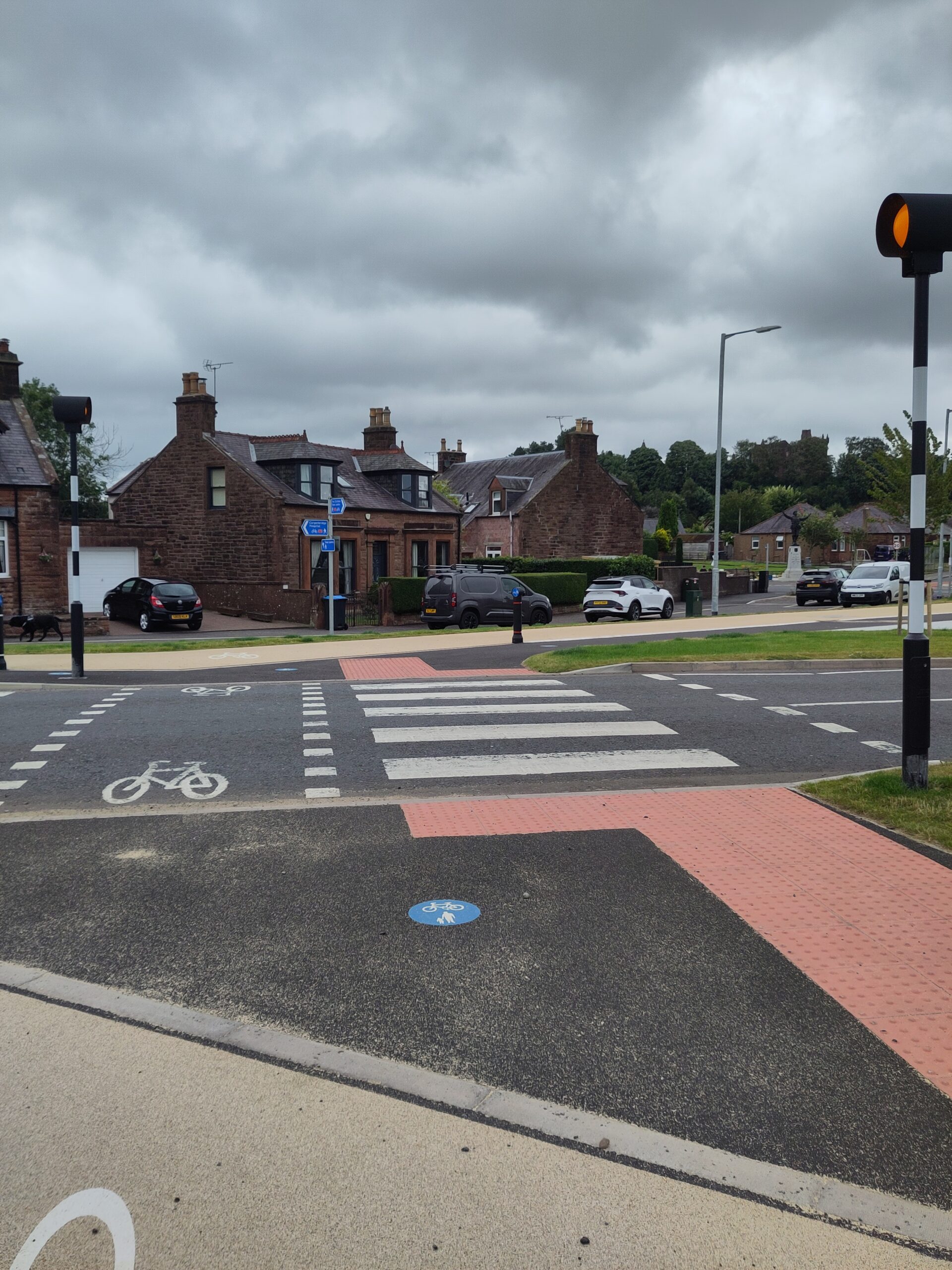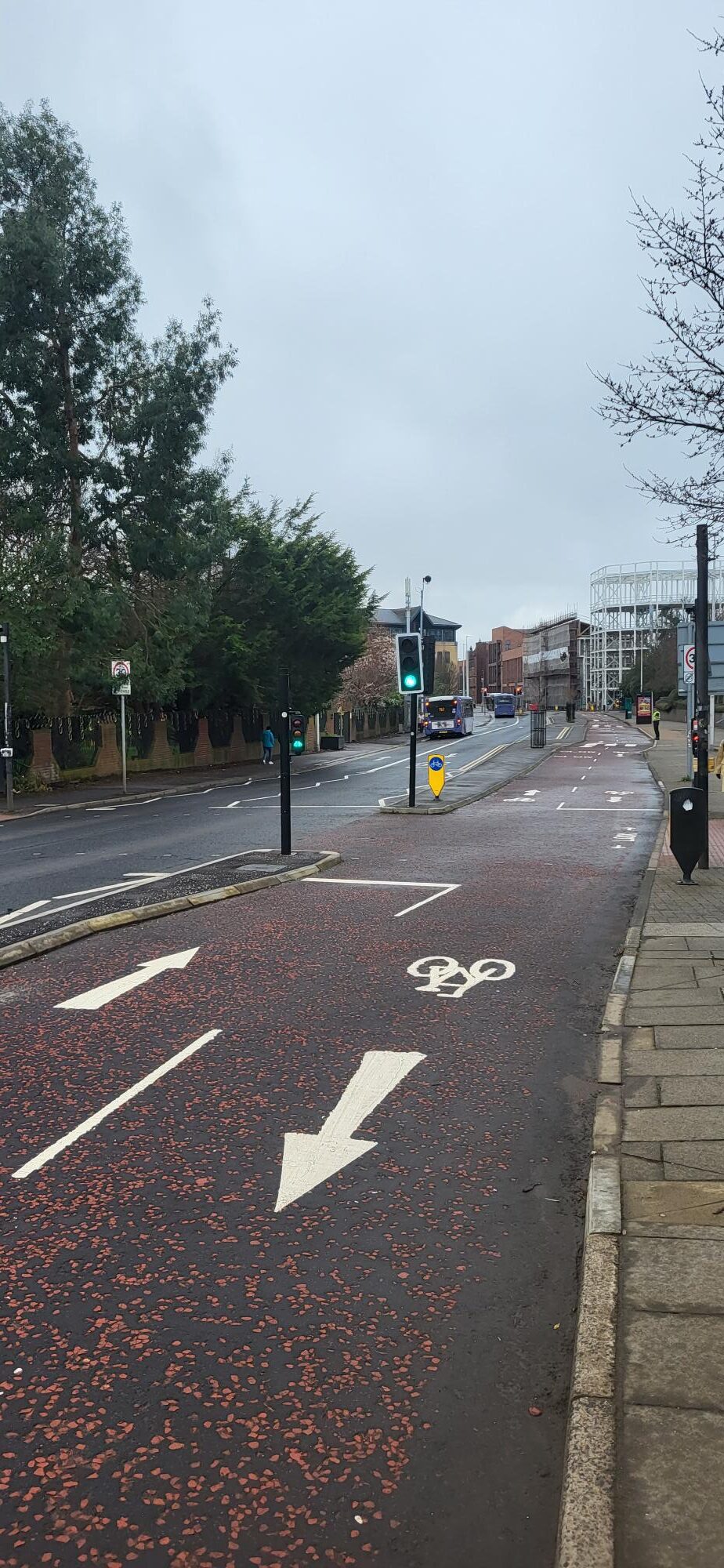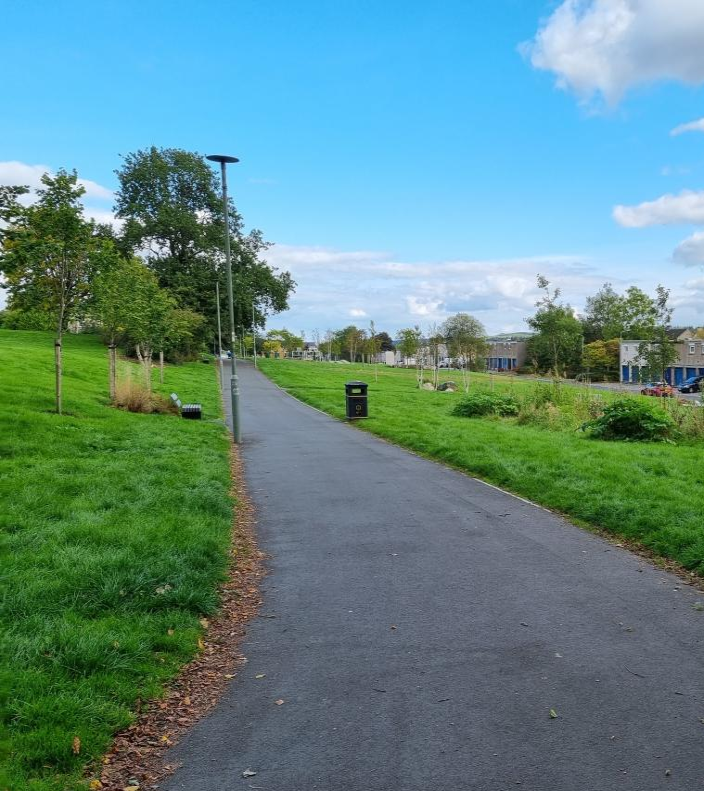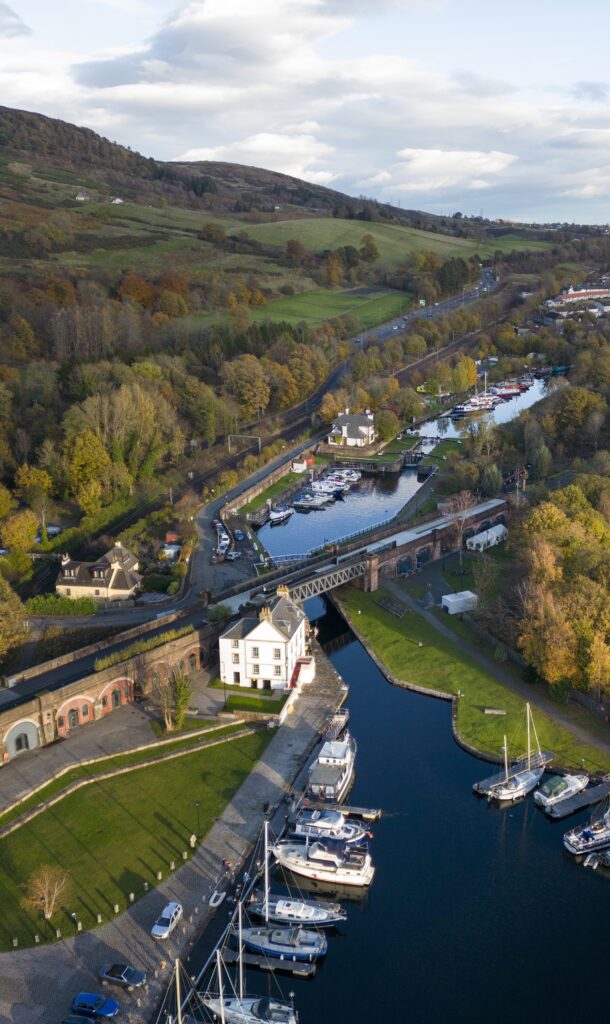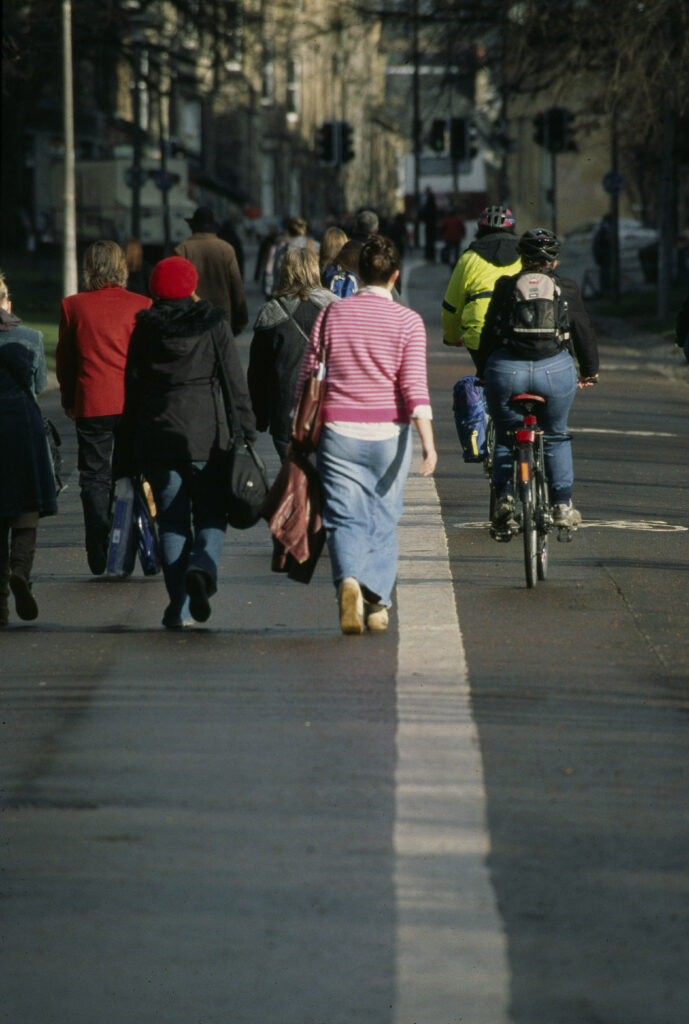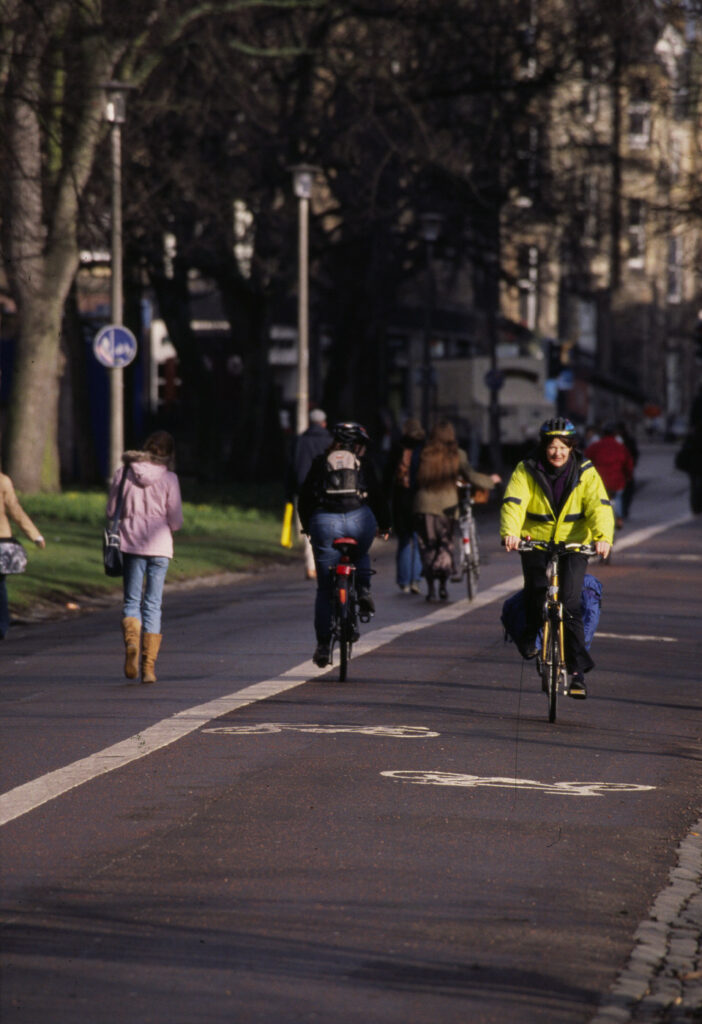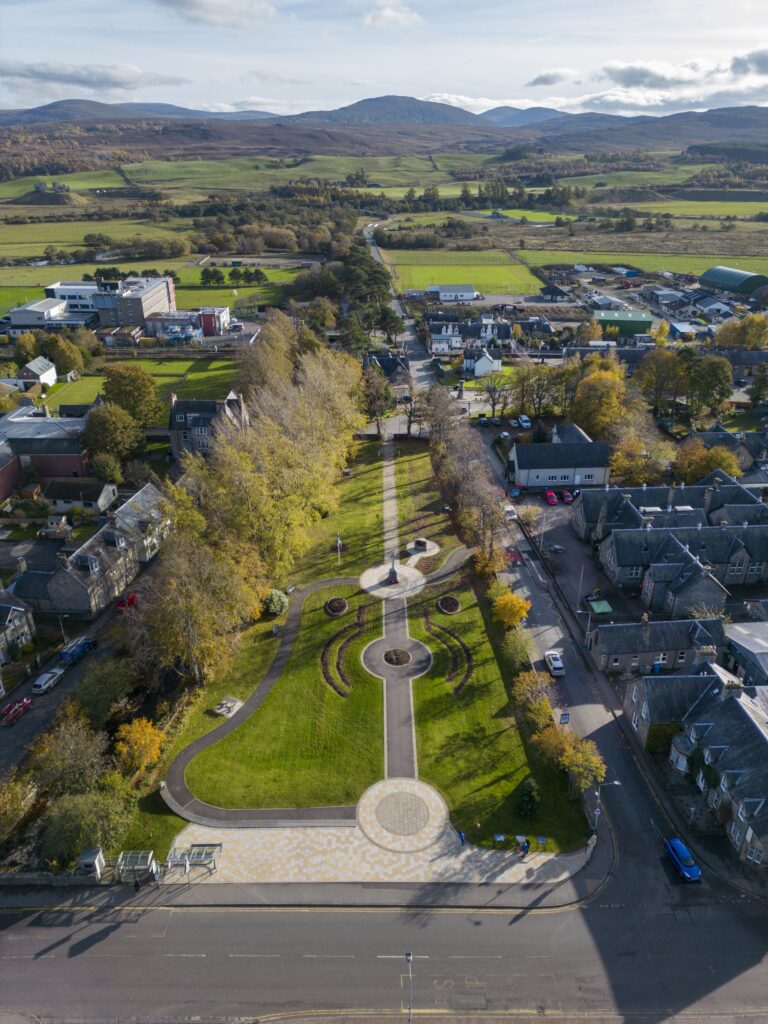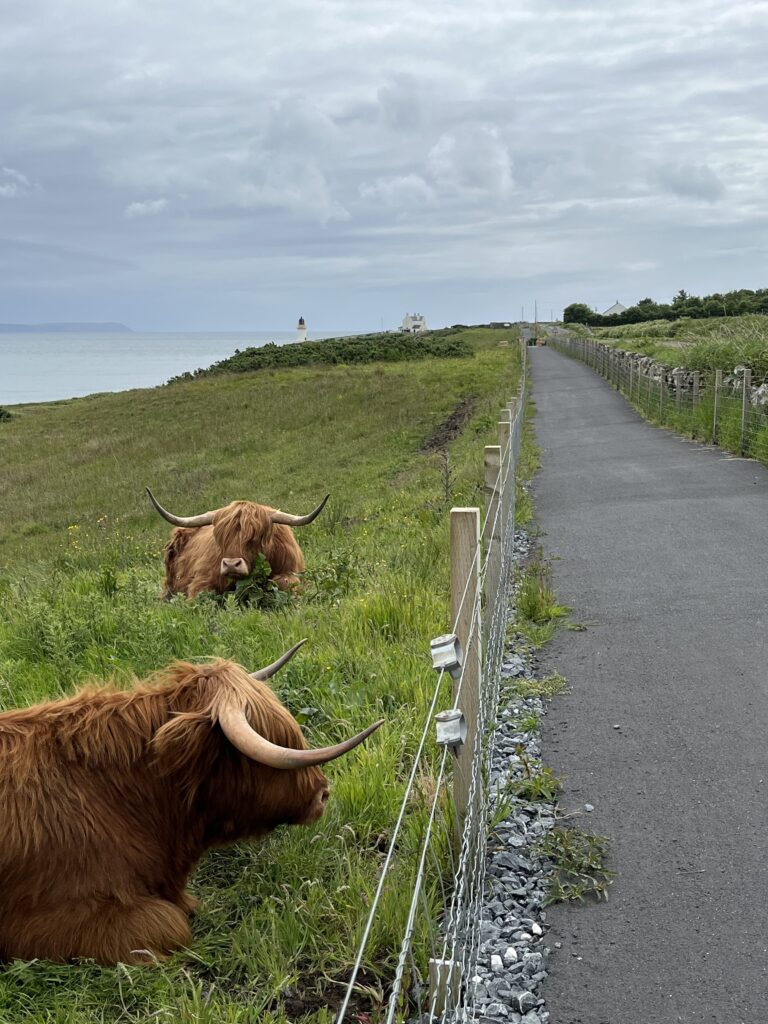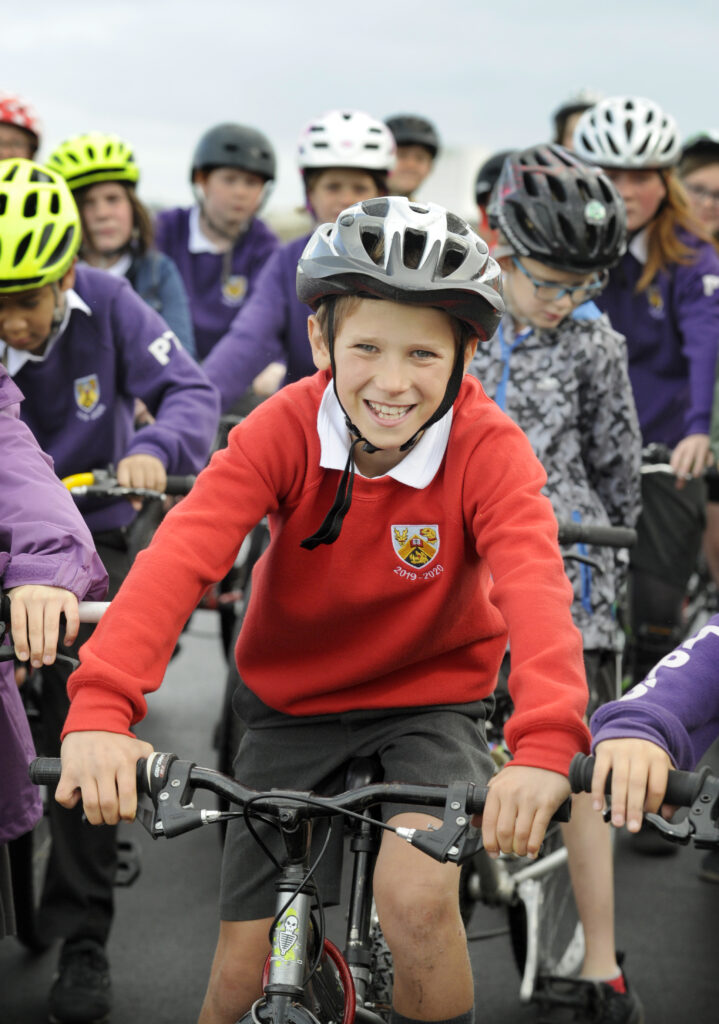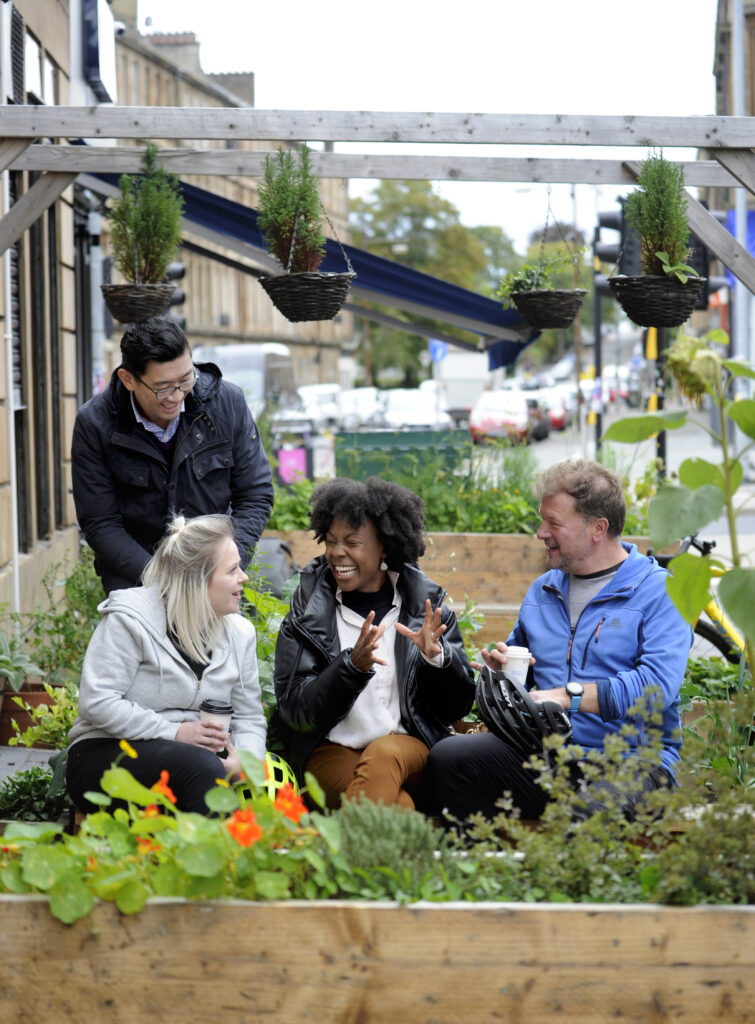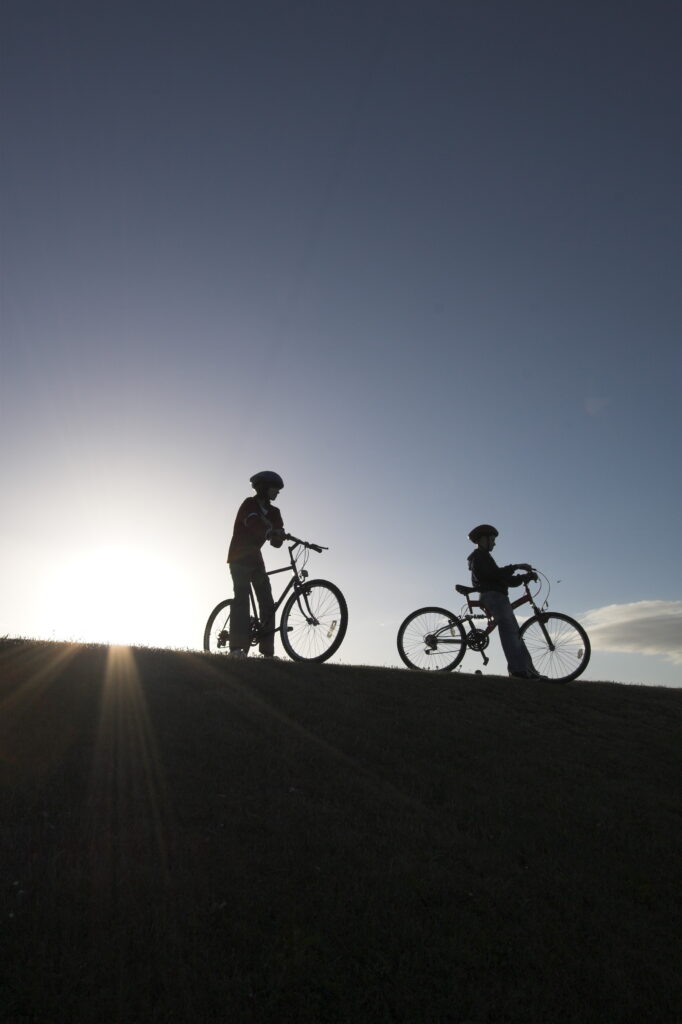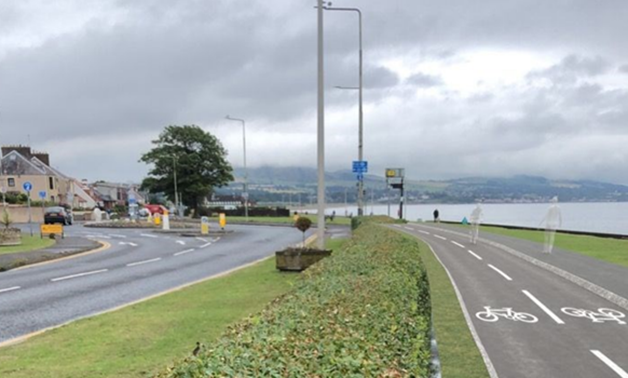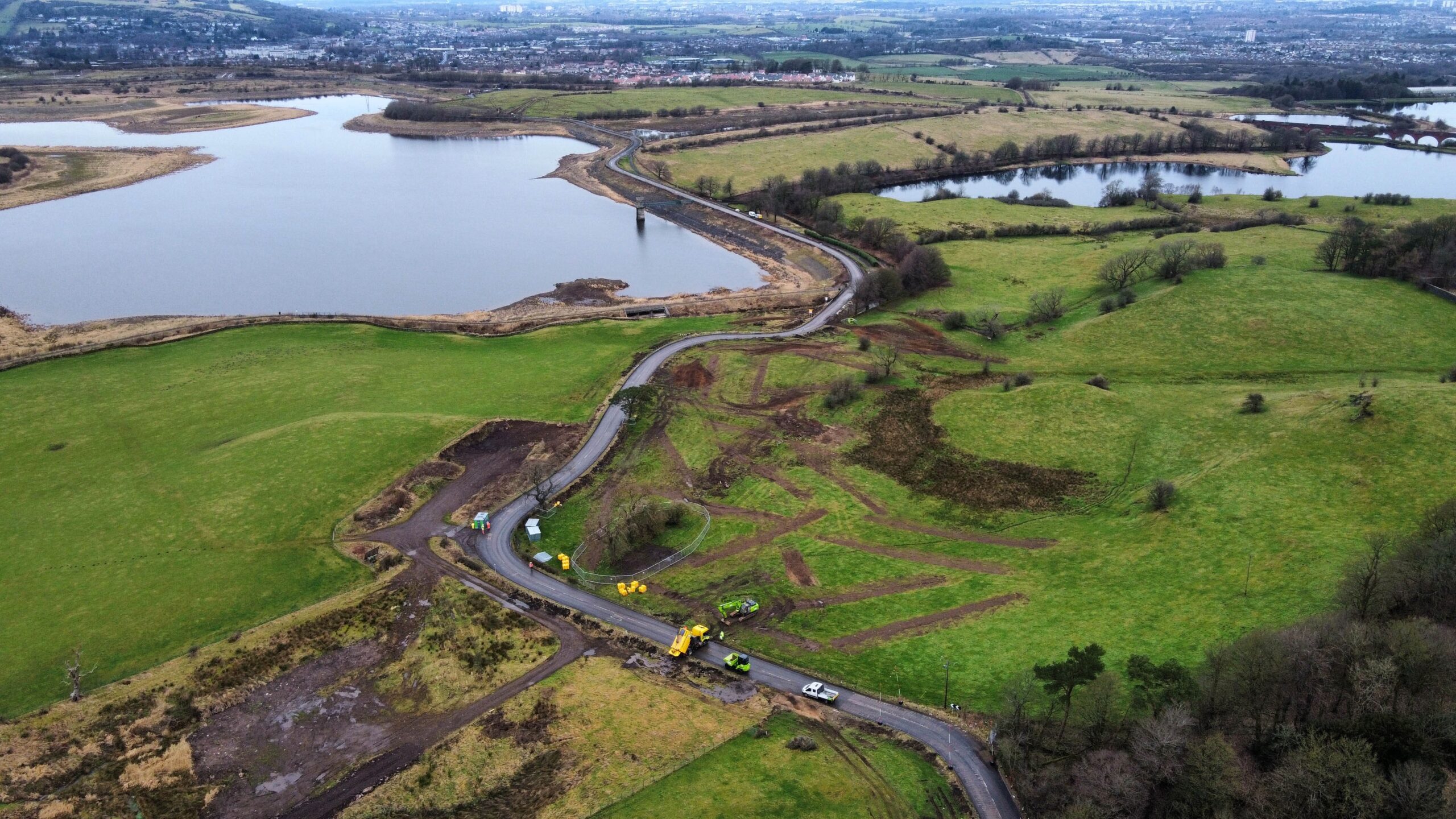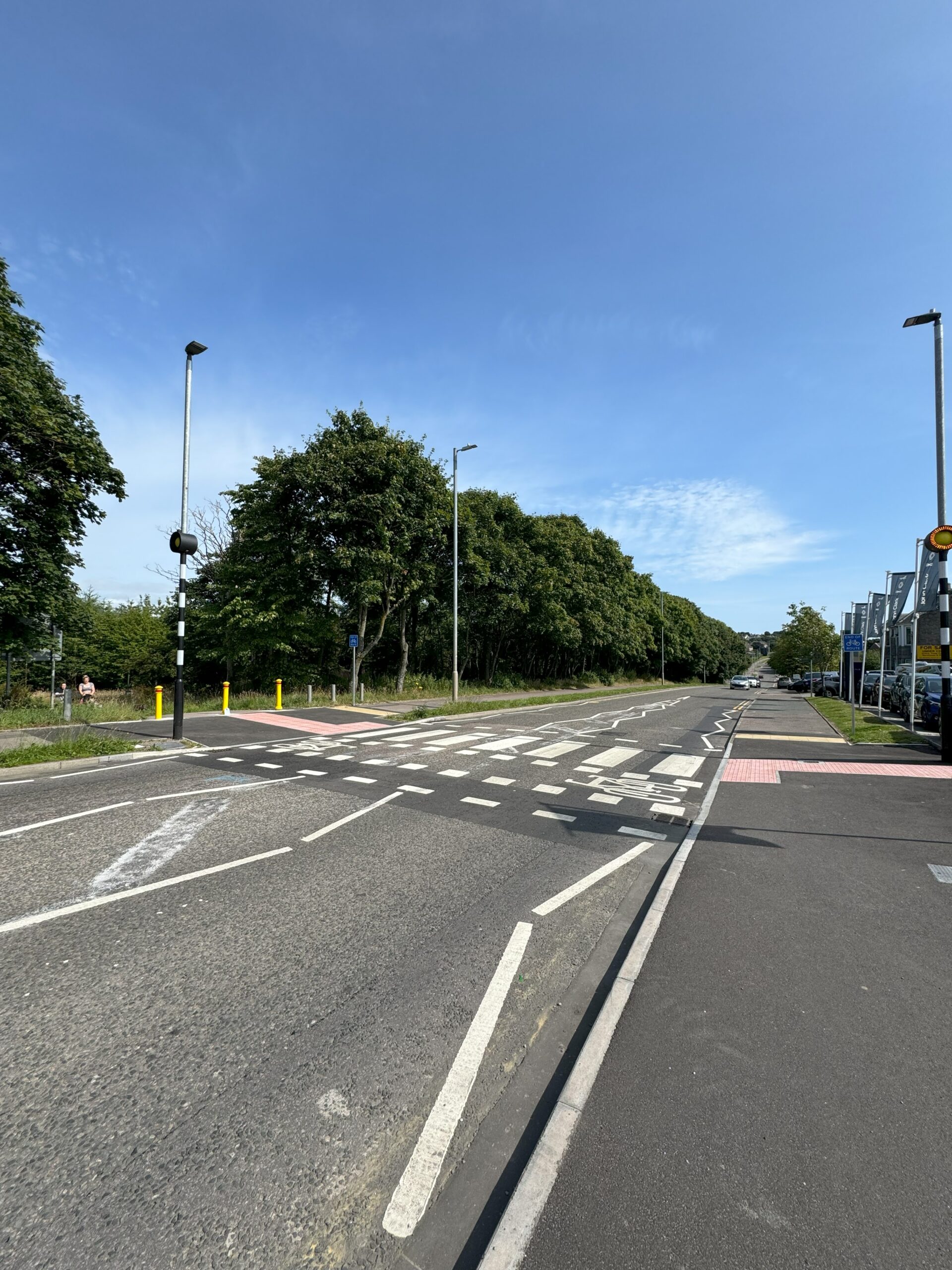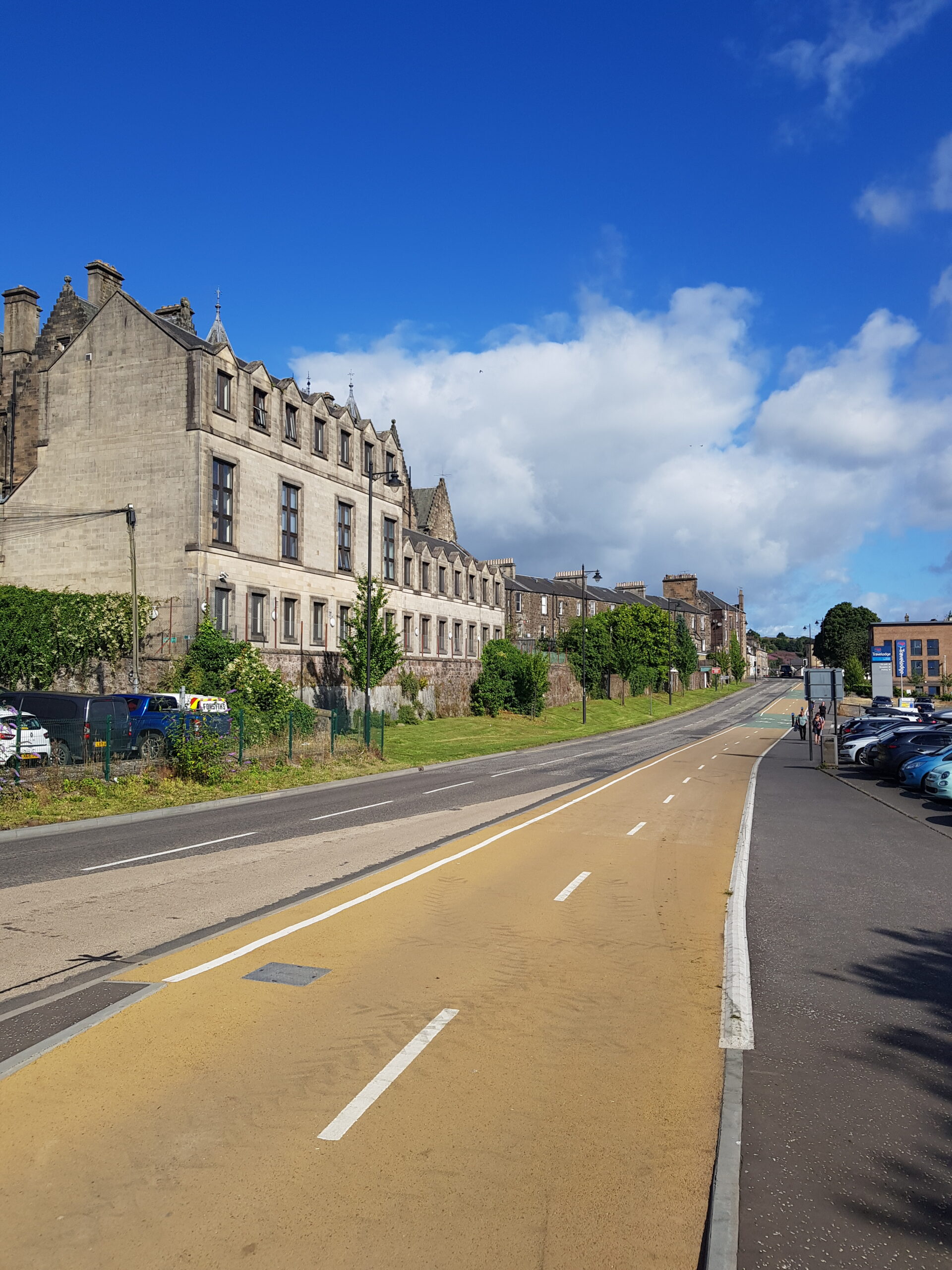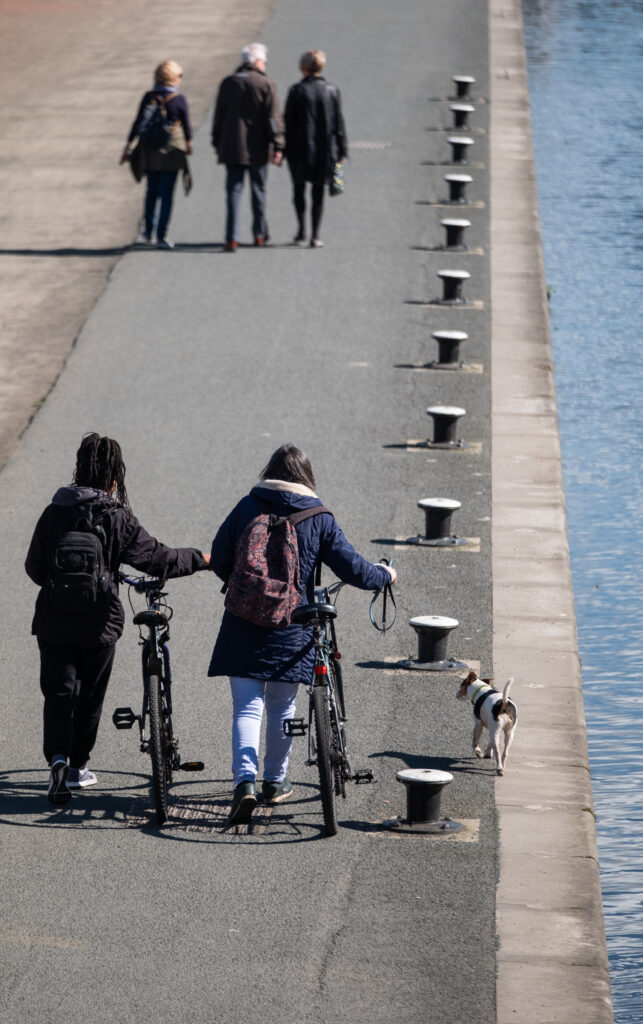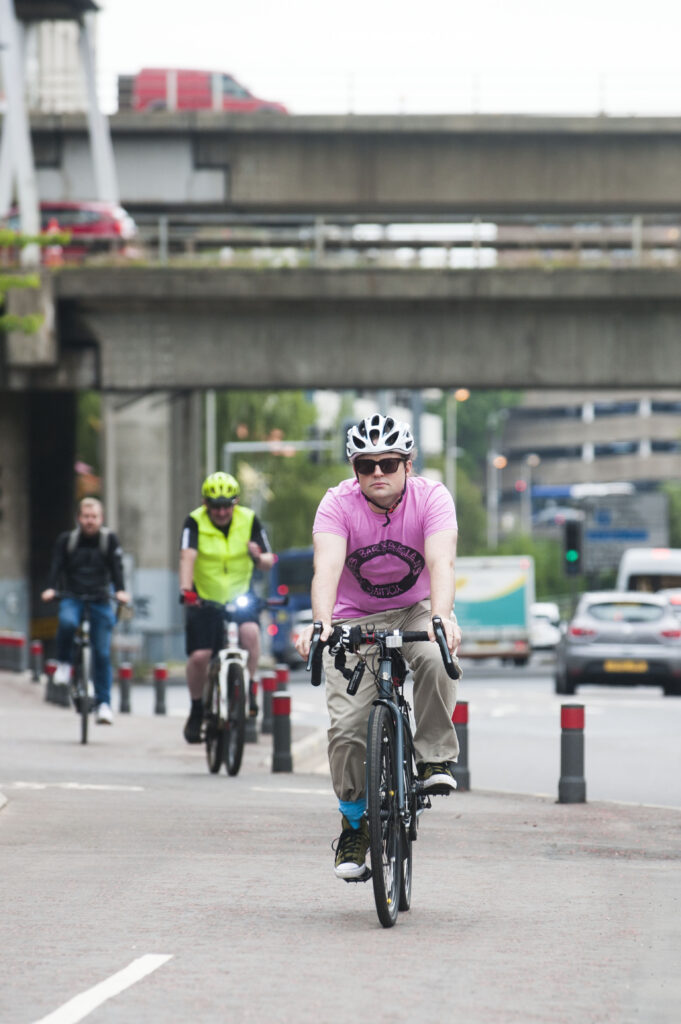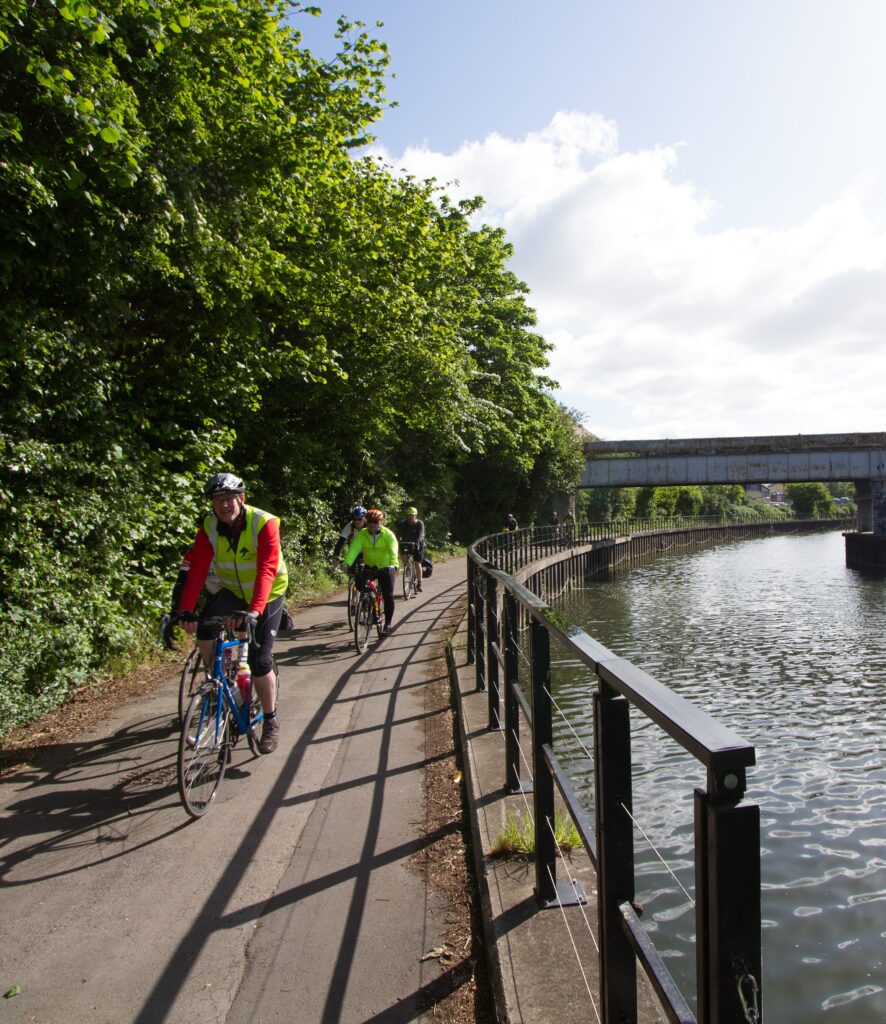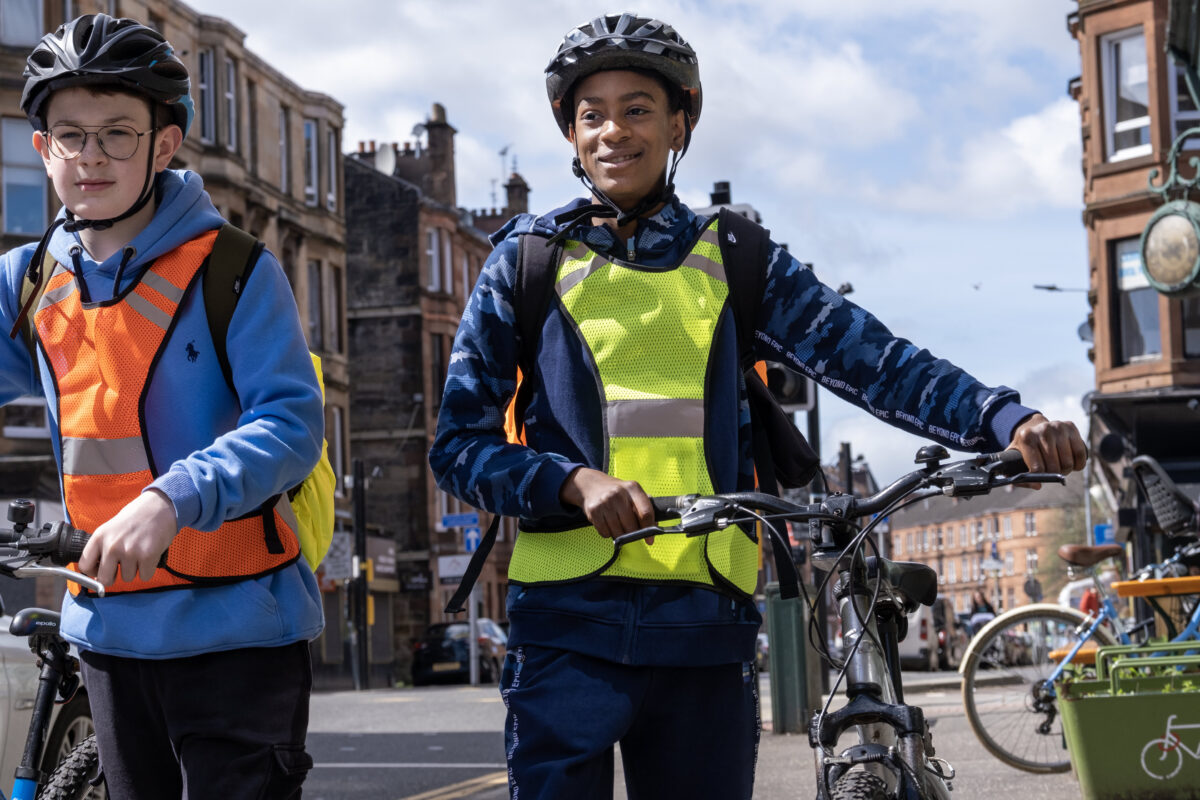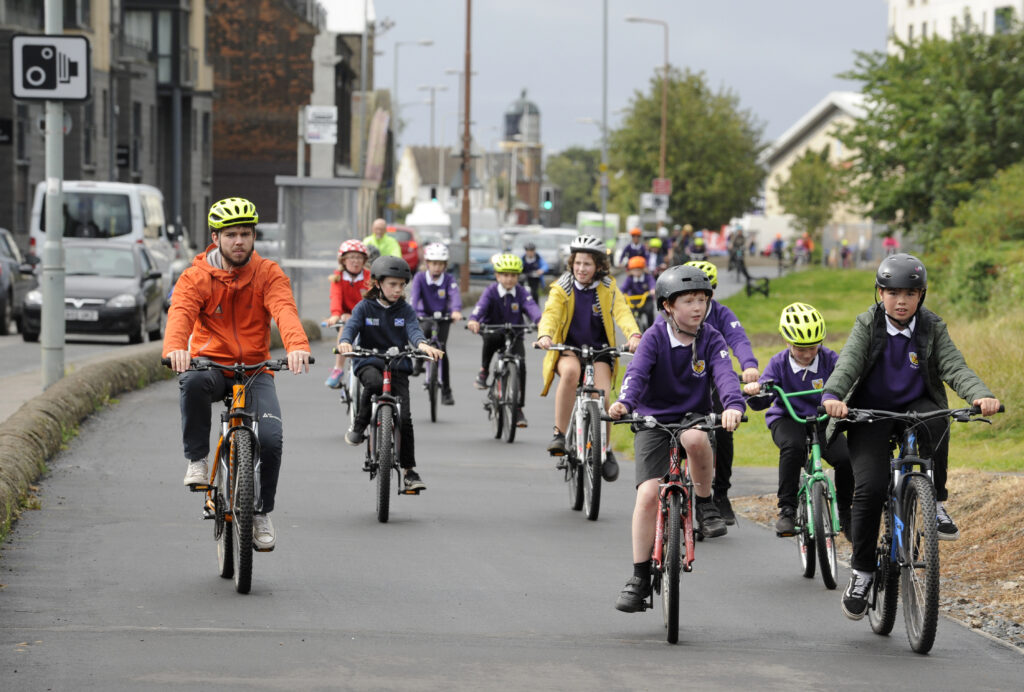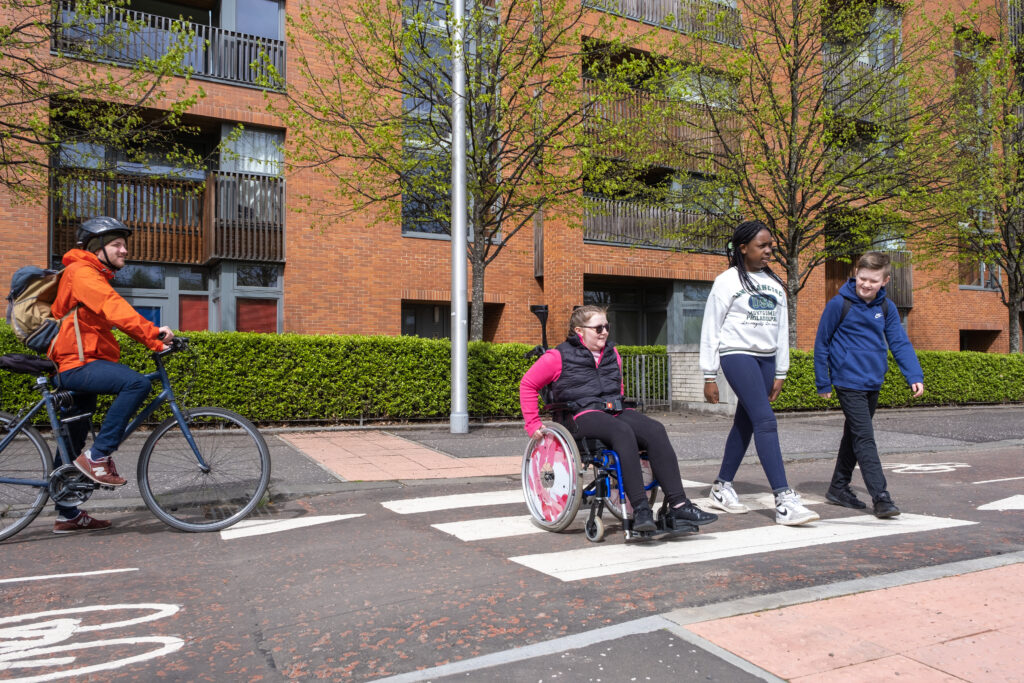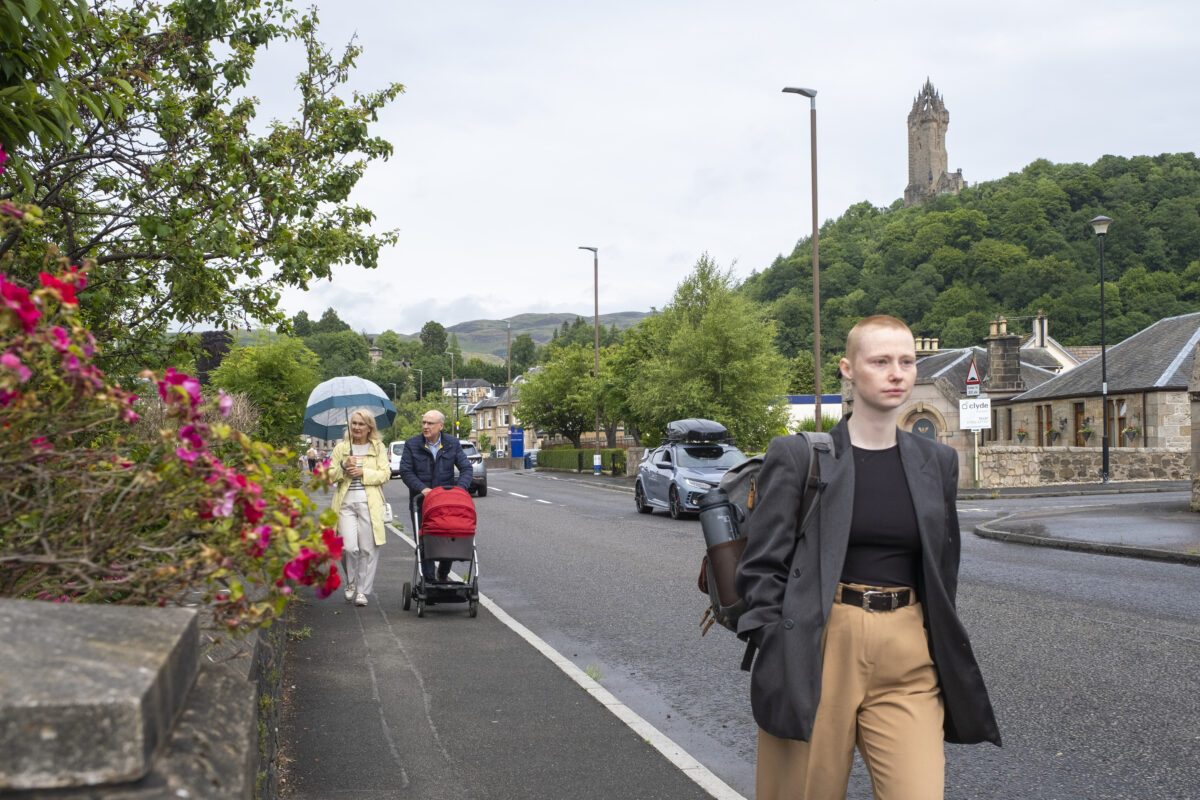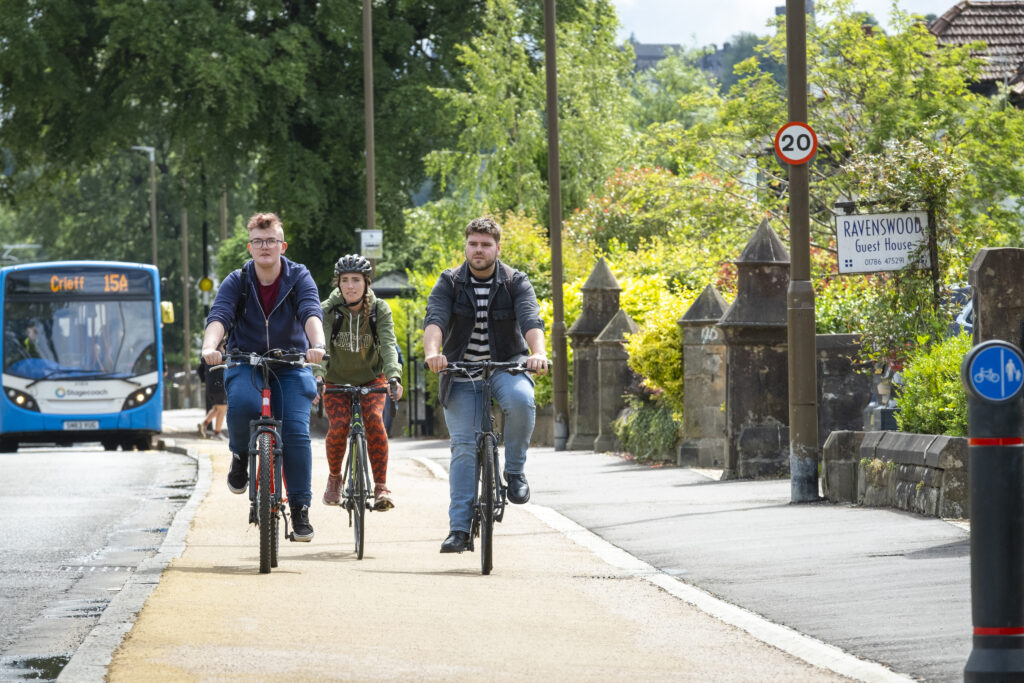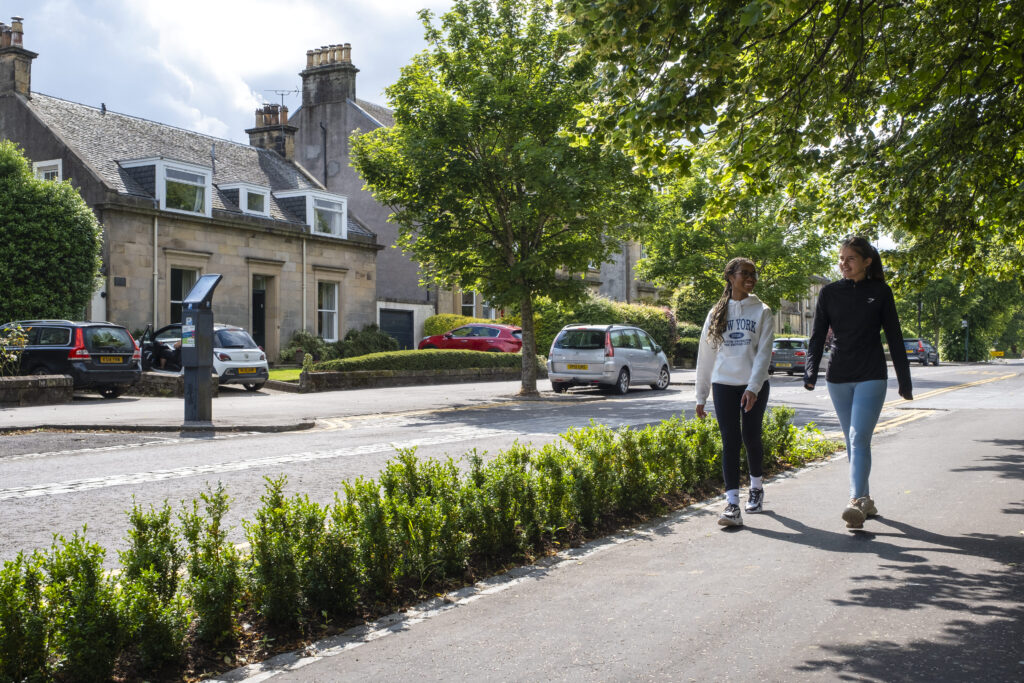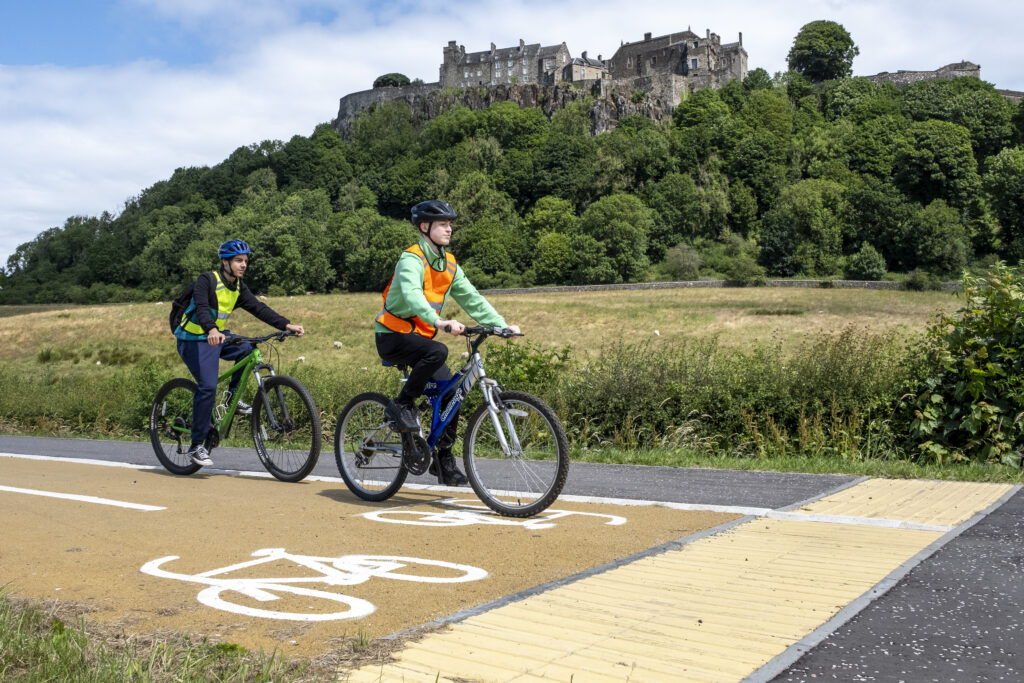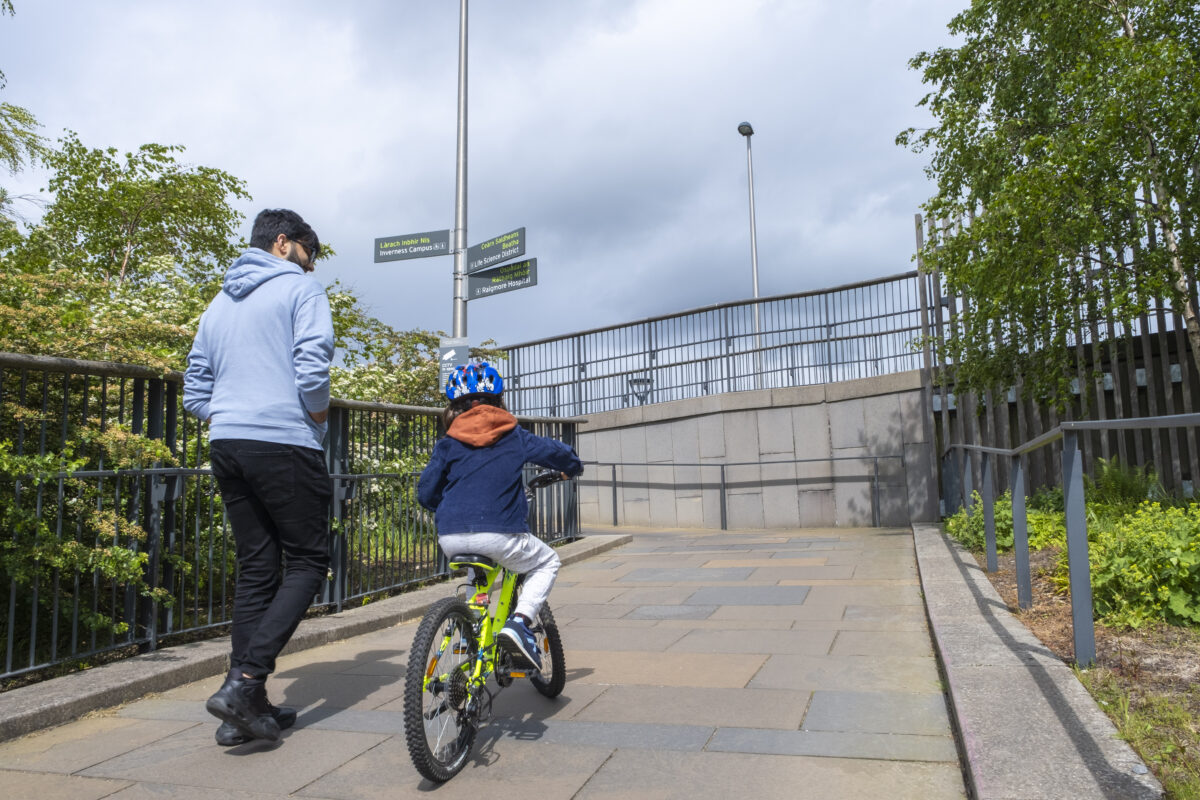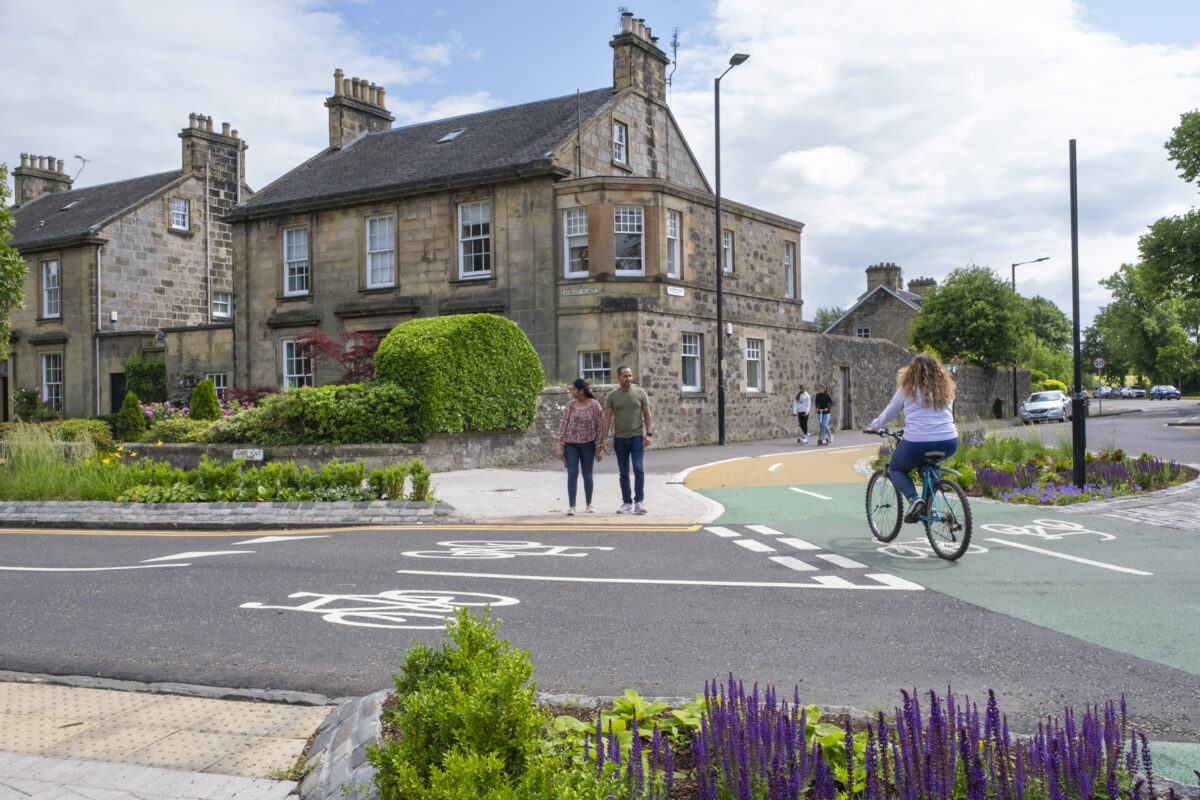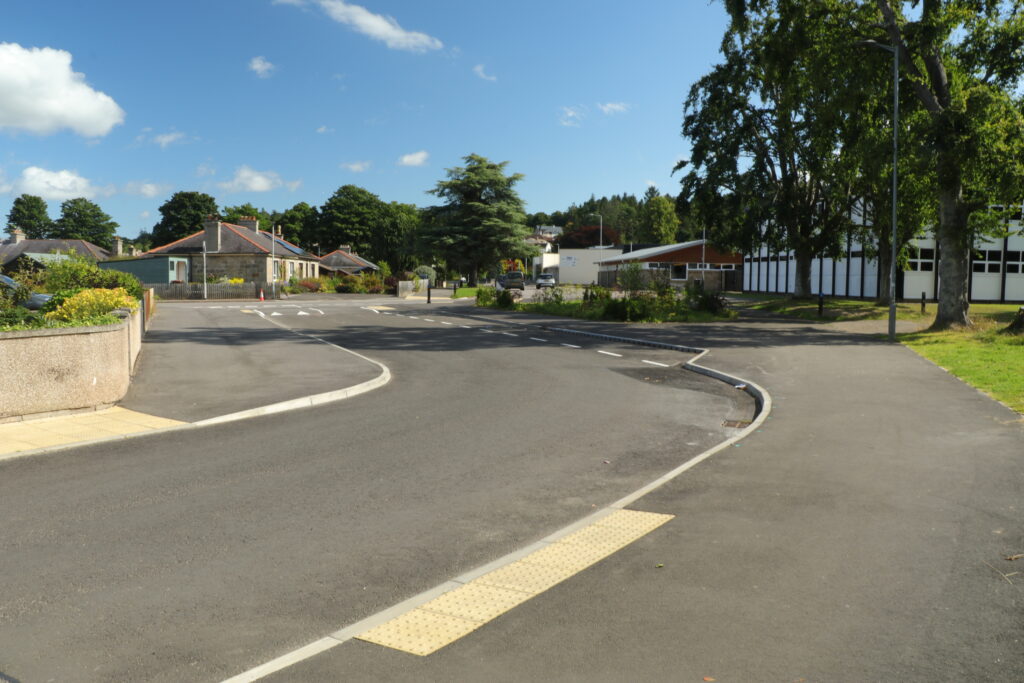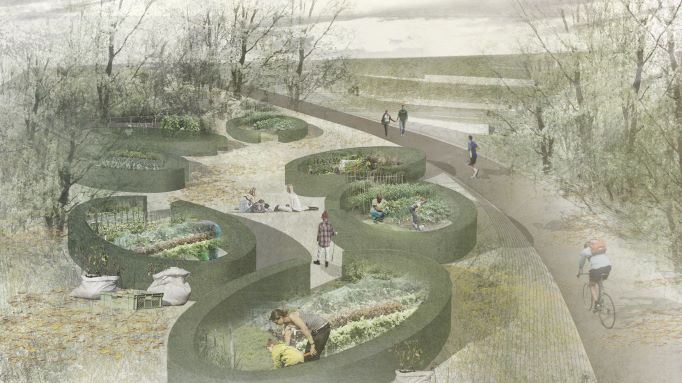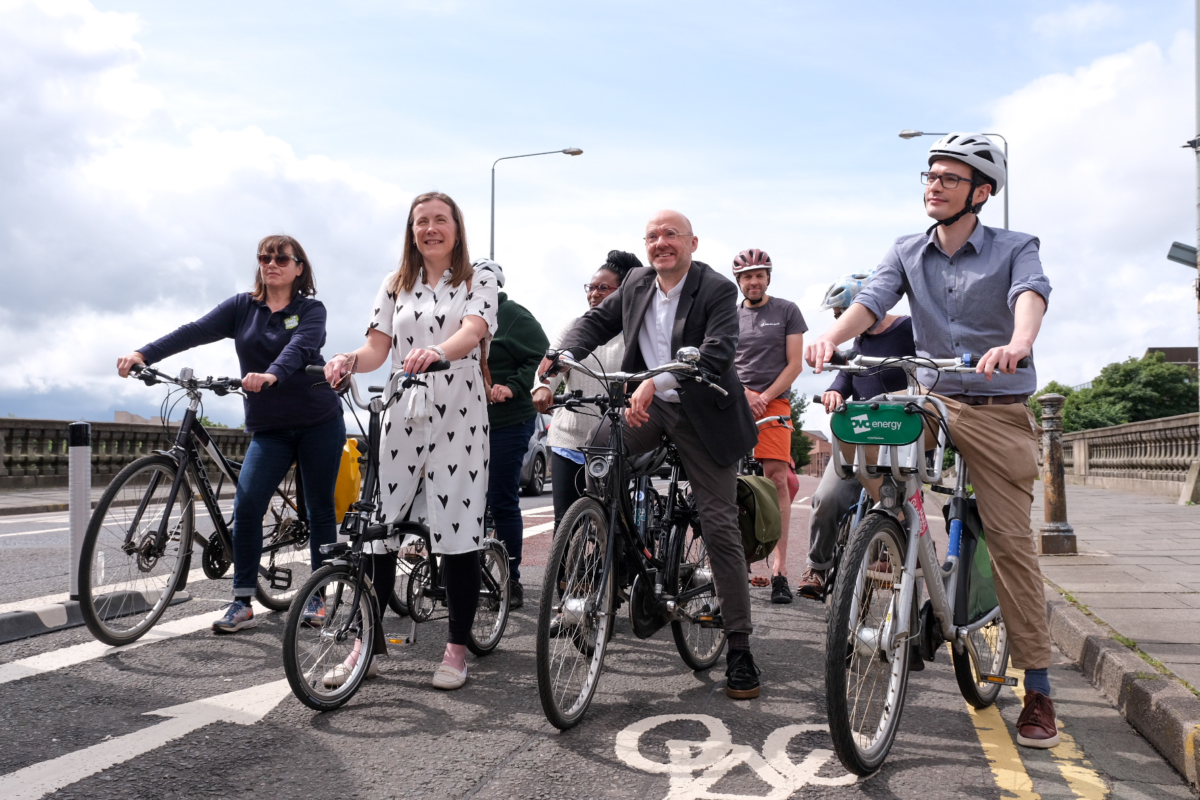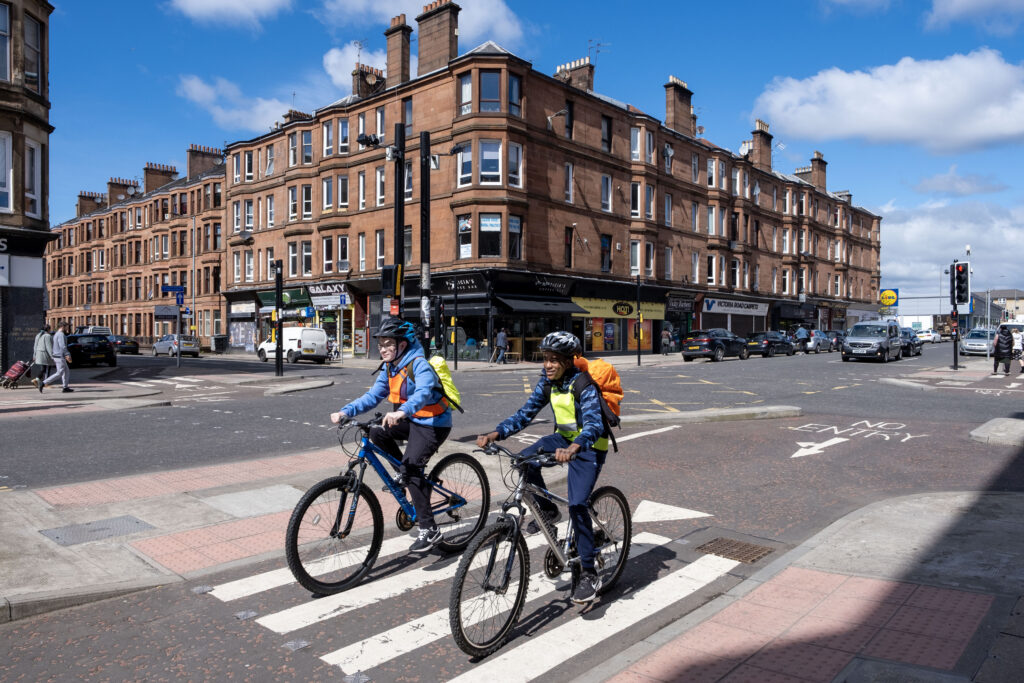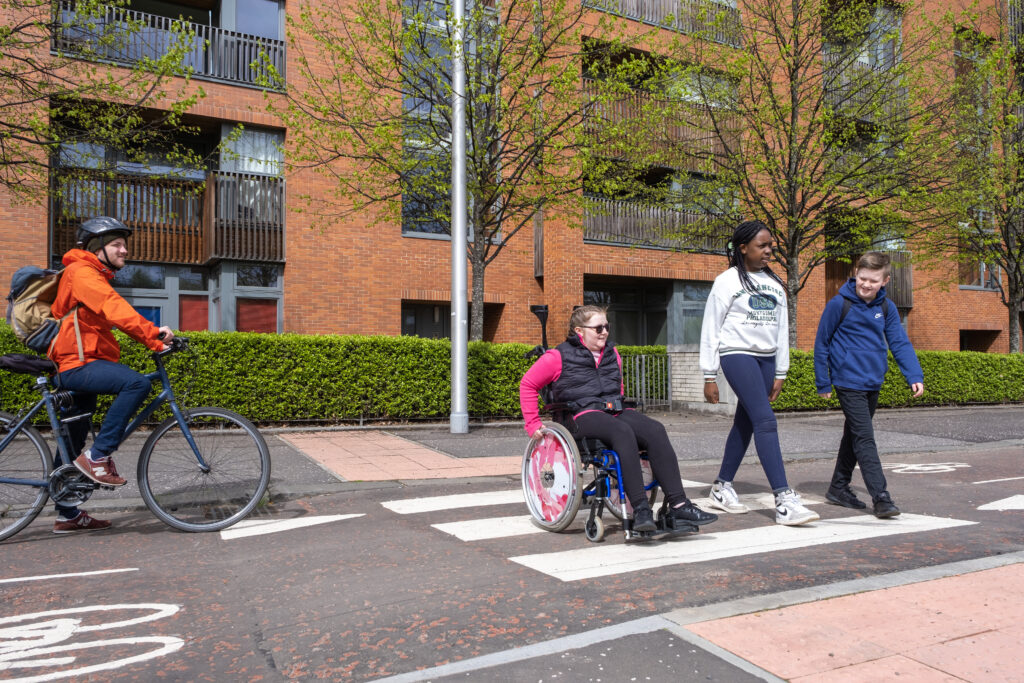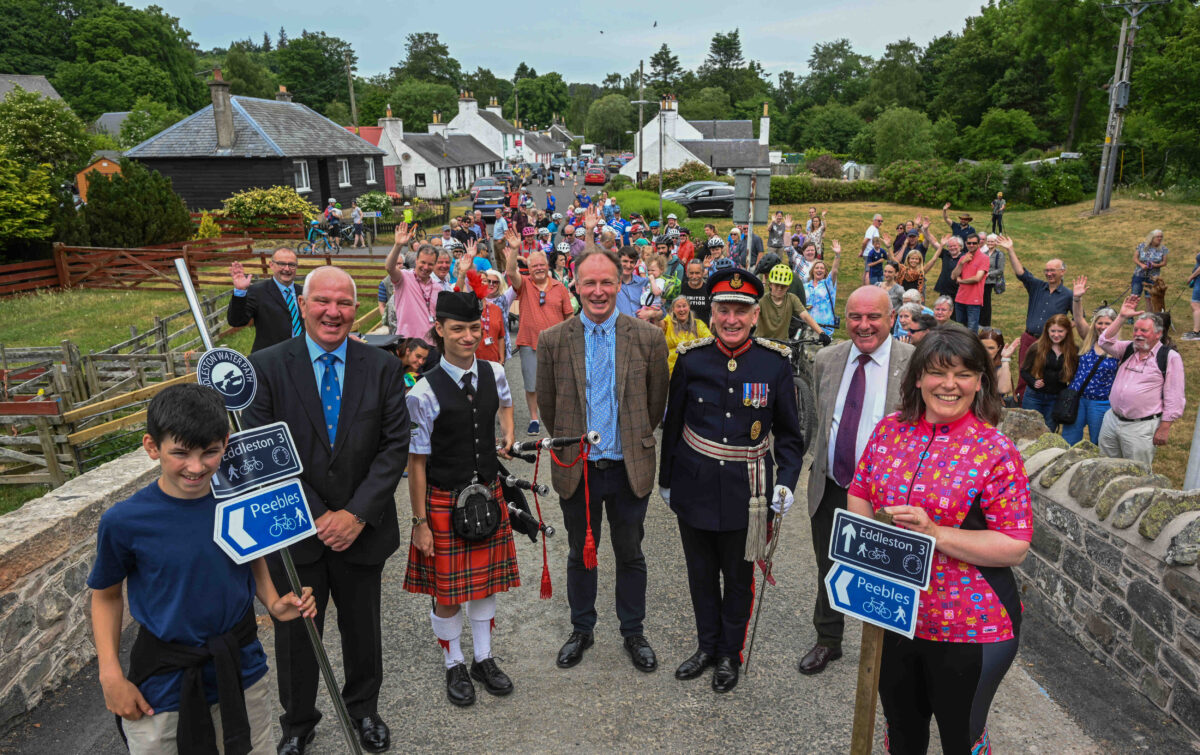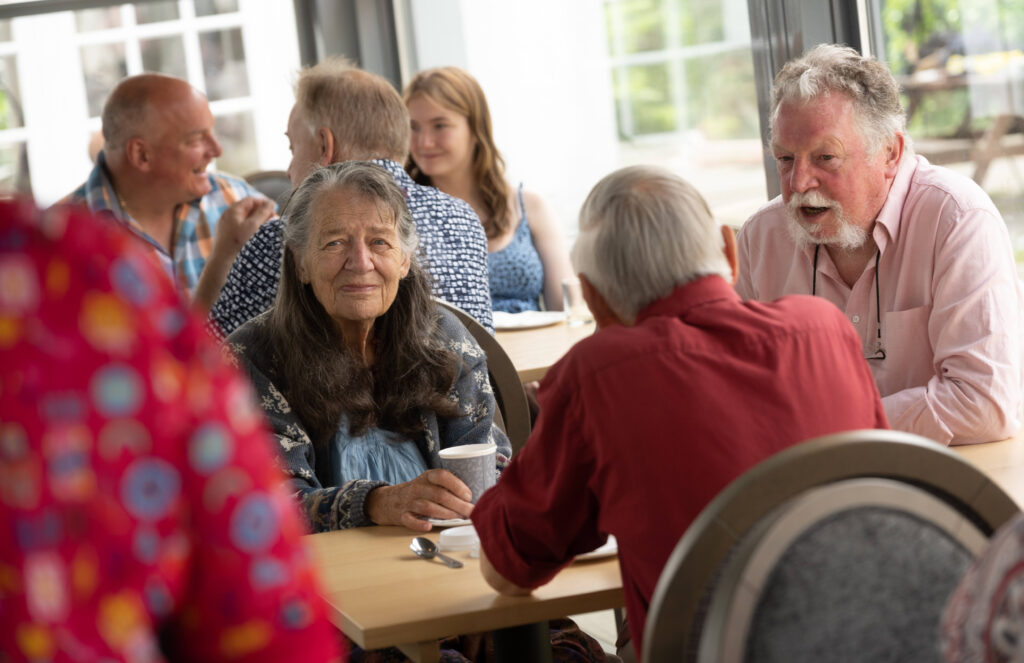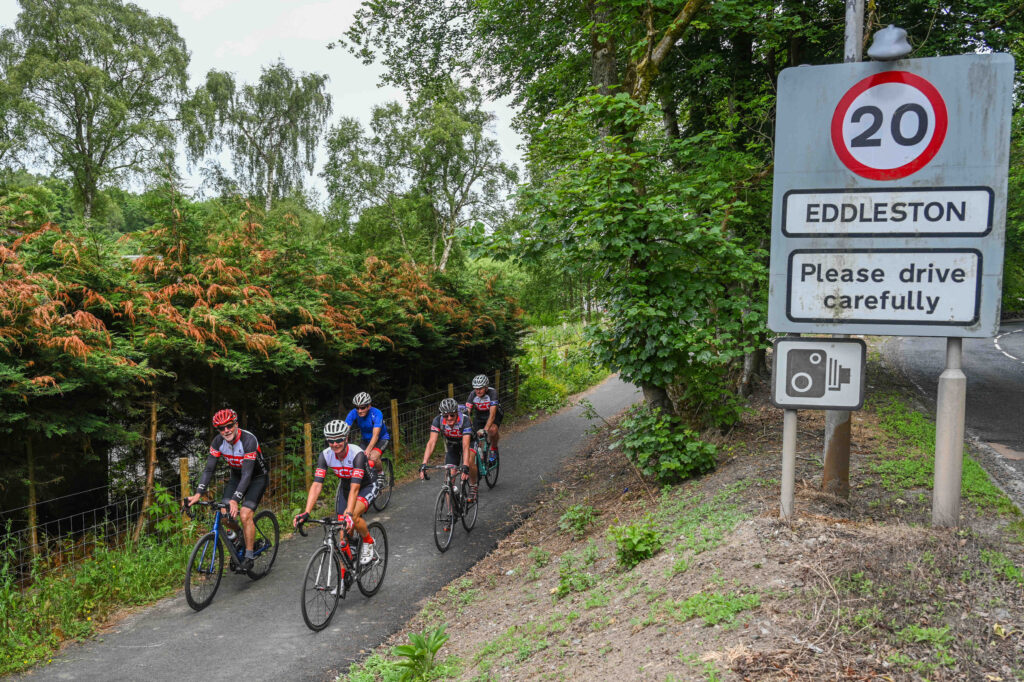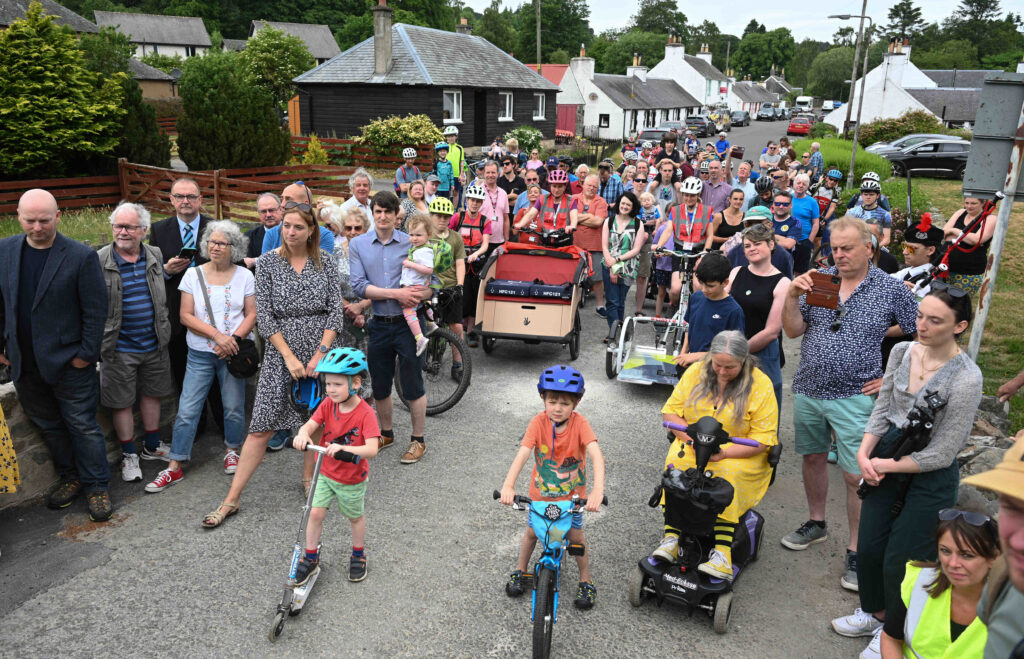By Design Constructive Conversations – 17 January 2024.
In this session the focus is on preventing pedestrian and child casualties. What makes a road or street safe to walk along and cross? How can design features slow, direct or change driver and pedestrian behaviour to reduce the potential for collisions?
Our expert panel spent half an hour discussing these questions and more around how urban design can increase safety of people travelling actively, and prevent casualties of people walking, wheeling, cycling, or otherwise actively travelling or socialising in public spaces.
Following watching the recording you may find it useful to take a few minutes to reflect on the discussion.
- What is still circling around in your head on this topic?
- What do you feel is ‘squared away’ – you feel you have a much clearer understanding of?
- What key takeaways or highlights do you have from the discussion?
Below are contact details for some of our panelists if you wish to contact them directly, and some links to further information relating to this topic that you may find useful.
Feedback Survey
We would appreciate you taking a moment to complete our short feedback survey after you’ve watched the recording.
Further Information
See below for some links to further information and projects mentioned by the panelists. Some of our panelists have also kindly provided contact details if you would like to get in touch with them about their work in this area:
- Lucy Marstrand Taussig – Design Policy Lead for Streets, Transport Strategy and Policy, Transport for London
- Kristina Mattsson – Project Manager, Traffic Safety, Vision Zero Academy, Swedish Transport Administration – kristina.mattsson@trafikverket.se
- Cherie Morgan – Director of Projects, Play Scotland
- PC Stewart Sinclair – Road Policing Traffic Management, Police Scotland – Contact Police Scotland – Police Scotland
Useful Links and Further Information
The Vision Zero Academy was established by the Swedish Transport Administration. Vision Zero Academy is a global knowledge hub with the overall purpose to spread knowledge about Vision Zero and support and collaborate with different stakeholders around the world in their strive for safe road transport systems. Vision Zero Academy – Bransch (trafikverket.se)
Some visual examples of traffic calming measures from the Vision Zero Academy in Sweden:
Zhero is Heroes on route to Vision Zero – this is a campaign to bring together multiple stakeholders across society to achieve vision zero. Together we are Zhero – Zhero.se
The Swedish Transport Administration (STA) have requirements how to build roads and streets. But the municipalities can have their own requirements for design of the streets they have responsibility for. STA has some supporting documents for how to plan and design the traffic environment. This is a website with description and links to these documents: Traffic strategic work – Accessibility in a sustainable society
Note: the above website is in Swedish – there is a language option, but it takes you away from this page. We found google chrome was better than microsoft edge for translating this page.
Police Scotland works with Transport Scotland to regularly publish collision and casualty data. There is more information with links to the relevant databases here – Road traffic collision data – Police Scotland
Play Scotland Has recently launched the ‘State of Play in Scotland’ report bringing together research into children and young peoples attitudes and access to play, with several design elements mentioned as potential barriers. PS00105-PS-State-of-Play-in-Scotland-2023-Digital-links.pdf (playscotland.org)
Research into Low Traffic neighbourhoods from Transport for London is ongoing. A summary of some studies to date can be found here: Cycling & walking – Transport for London (tfl.gov.uk) and a more in depth study from 2022-25 is currently underway. You can find an overview and a summary of year one data here: Low Traffic Neighbourhoods in London project – year one summary | University of Westminster, London
Other links that may be useful
The Safe System and road safety | Brake
About Constructive conversations
Grab a cuppa, get comfortable and join us for some informal constructive conversations about some of the challenges in delivering active travel infrastructure.
At each 1 hour session, our expert panel will spend half an hour discussing key questions and more around the chosen topic. Following this, you can take part in an optional small group discussion where you can share your own experiences on the topic, present a related issue in a live project, and receive advice and feedback from peers.
Other sessions
The ‘By Design’ series of constructive conversations explores how urban design in active travel projects can help to address some of the big issues facing society today.
The Climate Emergency and Infrastructure series of constructive conversations explores sustainability in construction of active travel projects.
Look out for more series on different topics in future, and if there is a topic you would like to suggest for a series, or a standalone session, please do get in touch with us placesforeveryone@sustrans.org.uk
